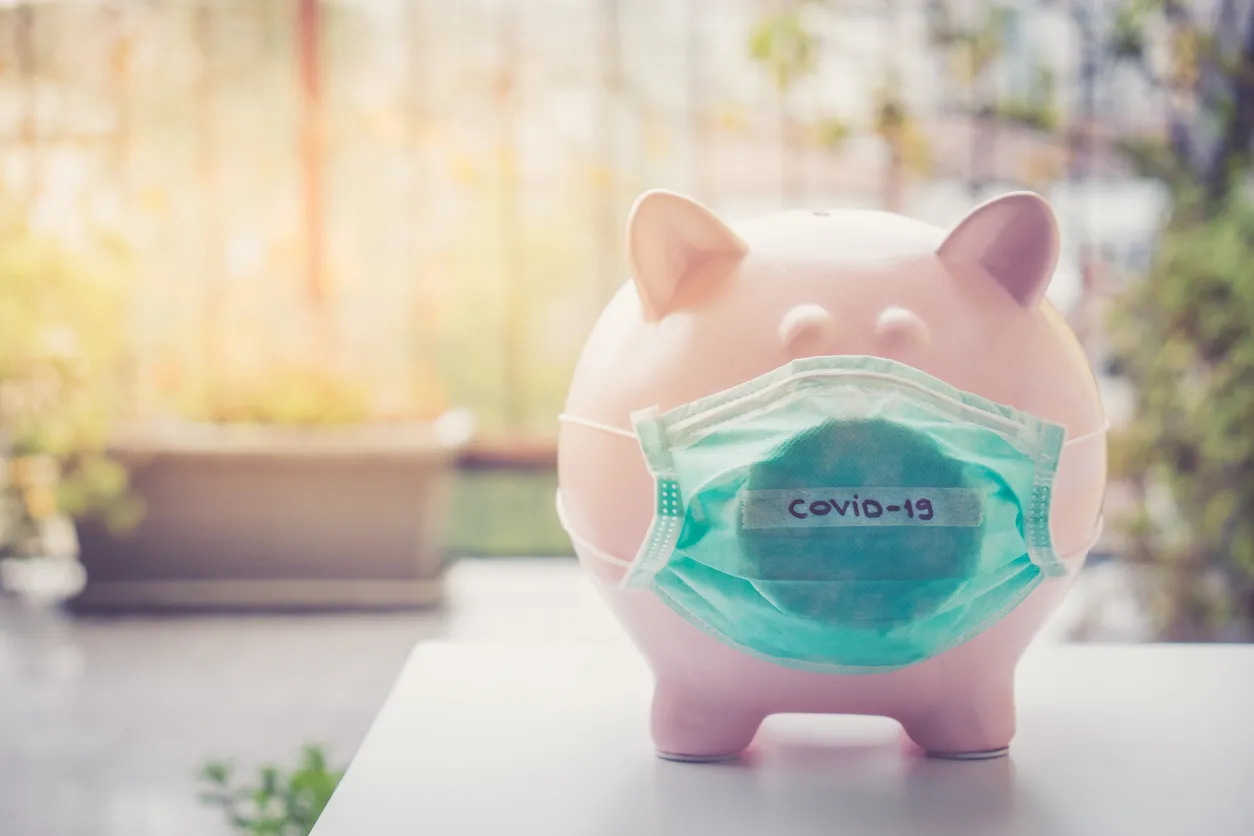As many shoppers pivoted towards swiping their cards, tapping their phones, or using payment apps during the lockdown, the overall flow of tangible money in the country experienced an unprecedented disruption. Now, officials are telling Congress that banks are reporting lower than usual averages of weekly coin deposits. “What’s happened is, with the partial closure of the economy, the flow of coins through the economy has … kind of stopped. The places where you’d go to give your coins and get credit … those have not been working,” Jerome Powell, Federal Reserve Chairman, told Congress on June 17. “So, a whole system of flow has kind of come to a stop. We’re well aware of this … And as the economy reopens, we’re seeing coins begin to move around again.” The closure of commerce across the country affected millions, but it hit restaurants, bars, and convenience stores particularly hard. As these businesses stopped making their normal weekly deposits, the regular cycle of cash and coin flow was interrupted and has yet to pick up full steam again.ae0fcc31ae342fd3a1346ebb1f342fcb According to Fox News, the Federal Reserve reports that they are working closely with the U.S. Mint and the 12 district reserve banks to spot check coin shortages and will be boosting circulation where necessary to correct the disruption. RELATED: For more up-to-date information, sign up for our daily newsletter. The news of a national shortage of quarters, nickels, dimes, and pennies wasn’t the only bad news Powell had for lawmakers, however: On Tuesday, he also warned the Senate Banking Committee of “significant uncertainty” about the country’s economic recovery and the effect it will have on small businesses, CNBC reports. And for more on how you should be spending the money you do have, check out This Is the Only Way You Should Be Handling Money, According to the CDC.
